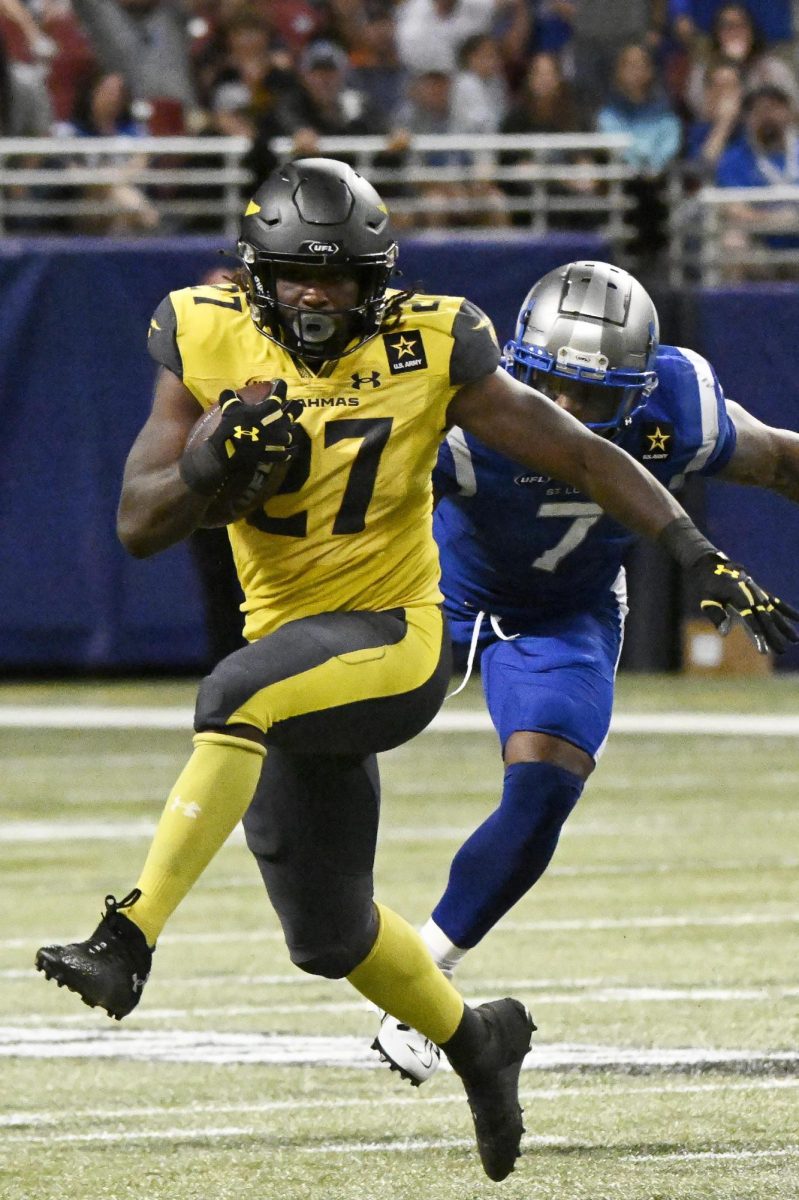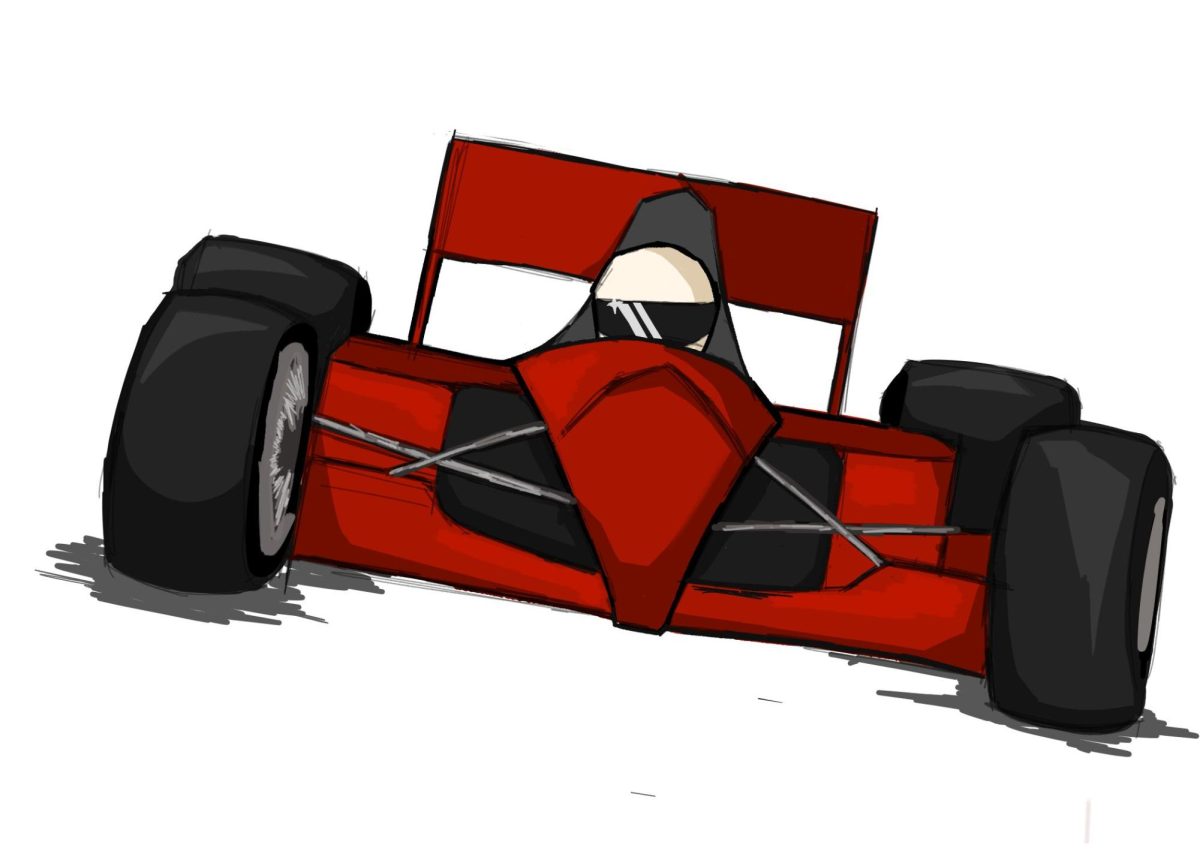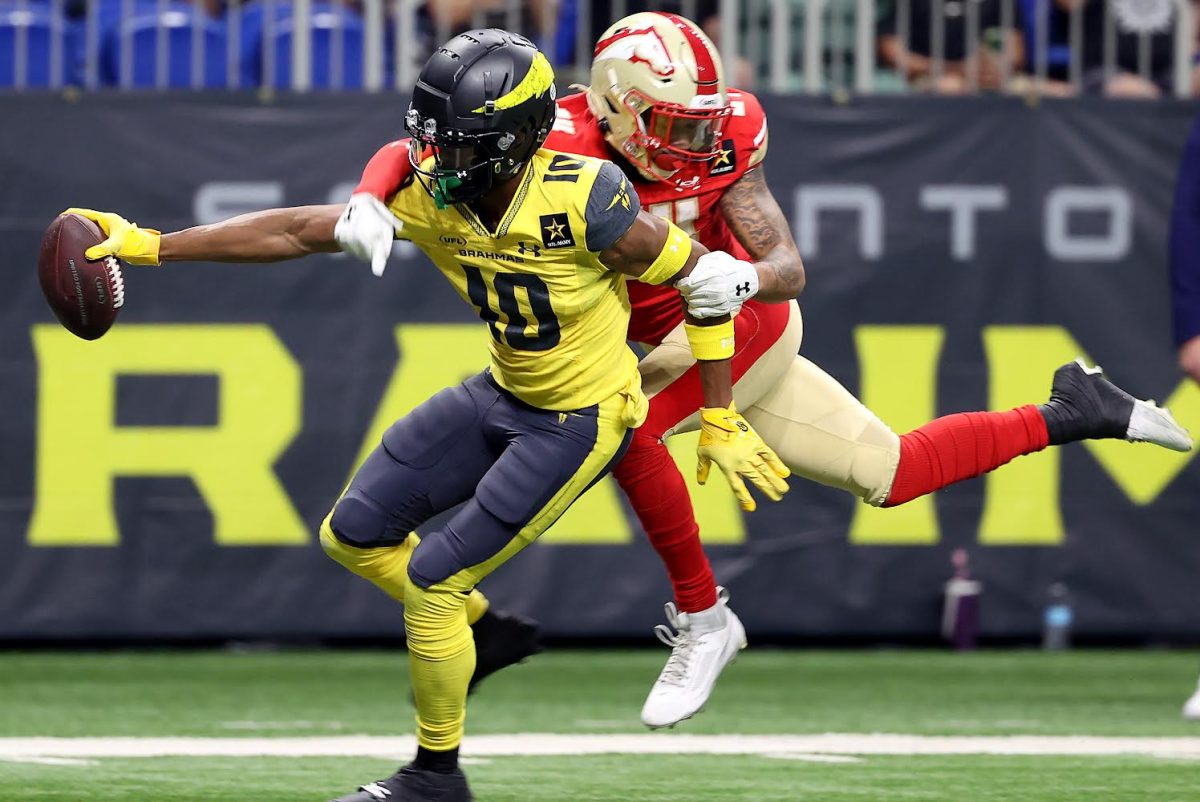So, you wanna know what happened to Jarred Uthoff and Dominique Ferguson? Well, I’ll tell you, but not before I set the record straight about NCAA transfer-blocking.
Under NCAA guidelines, universities and athletic directors have the power to block athletes from attending rival or potential non-conference universities. The reason: competitive disadvantages. It raises an interesting question: do universities and athletic directors have too much power over student-athletes?
This issue pertains to UTSA as the men’s basketball team released three players over the offseason without incident. Moreover, the issue of transfer-blocking affects UTSA by virtue of our athletic department being a Division I member of the NCAA and a member of the Football Bowl Subdivision (FBS).
Transfer-blocking came to the forefront when two student-athletes made news. ESPN’s E-60 reported that Jarred Uthoff of The University of Wisconsin and Dominique Ferguson of Florida International University were prohibited from transferring to another university. Uthoff wanted to transfer closer to home after committing to play for Wisconsin Basketball Coach Bo Ryan. Ferguson wanted to transfer after his coach, Isaiah Thomas, was fired by Florida International but the university refused to release him.
In an interview by the Huffington Post, the National Association of Basketball Coaches executive, Jim Haney said, “400 Division I men’s basketball players transferred in 2011” and “in all but a handful of cases releases are granted.” However, according to the NCAA, 445 Division I men’s basketball players transferred; only 175 of them were released to other division one schools; 35 transferred to junior college schools, and 37 players transferred to NAIA schools. The 270 remaining players either transferred because either they lost interest, were academically ineligible, or were injured.
Don Jackson, a sports attorney, said, “I don’t even like these kinds of restrictions, but at least there is some rational basis to them.” although ESPN and the Huffington Post create the picture that universities have too much power, however, it isn’t any university’s best interest not to release a player. For example, if a school doesn’t release a player who wishes to transfer, the student athlete’s scholarship will still count against the university. During an interview on Outside the Lines, Notre Dame’s head coach, Mike Brey, said if transfer blocking rules change, “universities will have to re-recruit their players every single year, which would cause financial disaster.”
Coaches and athletic directors have a responsibility to put their universities first. In this era of big network contracts, tournament appearances, and endorsement deals, tens of millions of dollars are at stake for universities each year. Furthermore, most universities who are not a member of the FBS conference have a hard enough time operating in the black at the end of the year.
Although Mark Emmert, the president of the NCAA, said, “something should be done to make transfer rules less onerous for athletes,” but nothing looks to be done any time soon. Uthoff and Ferguson’s situation should be a cautionary tale for aspring student athletes to take more time before they decide which university to attend.
As far as Jarred Uthoff and Dominique Ferguson are concerned, Uthoff was eventually given a release by Wisconsin to attend Iowa; Ferguson however was not released, so he applied for the NBA draft and did not get drafted. He is currently waiting for an opportunity to play professional basketball overseas.
Universities don’t exert power over helpless student-athletes. Rather, universities have an obligation to protect their brand. To block players from transferring to rival universities is just good business.









